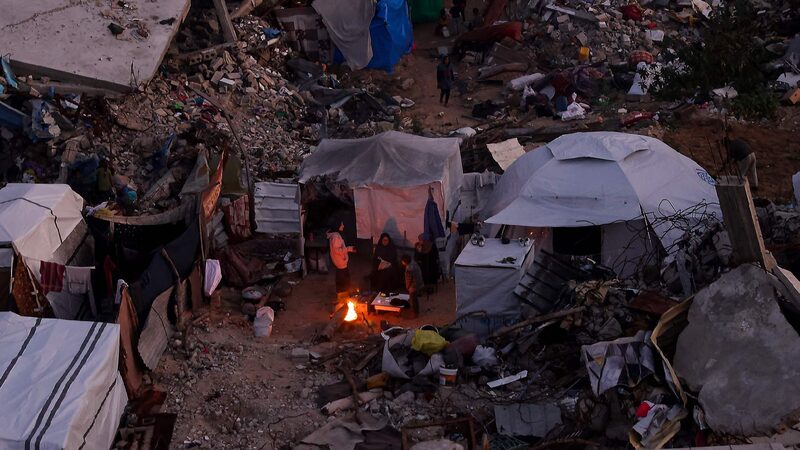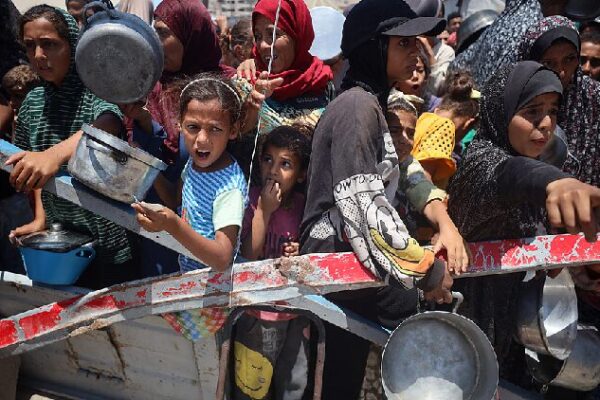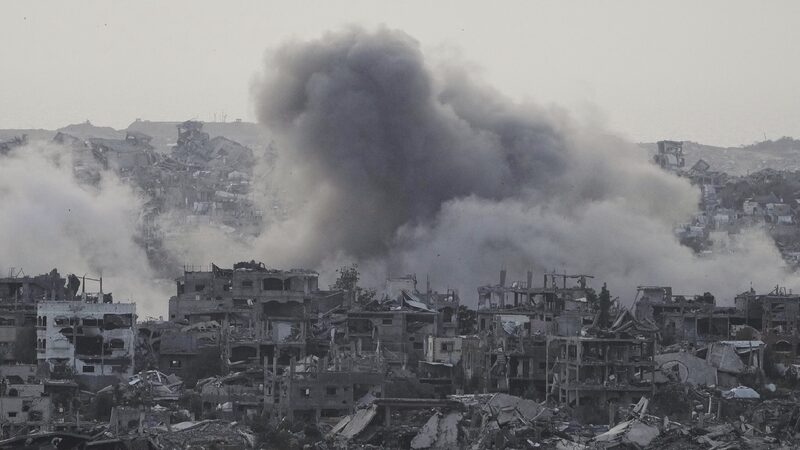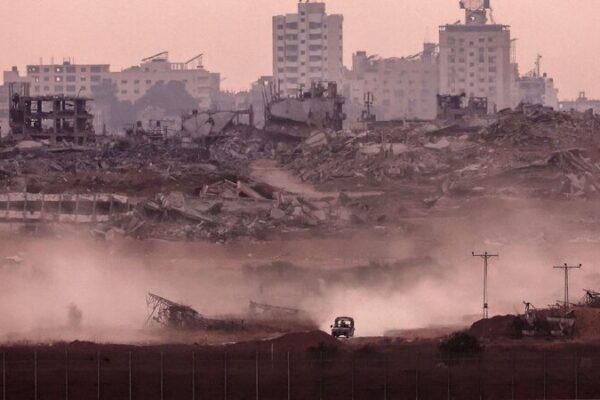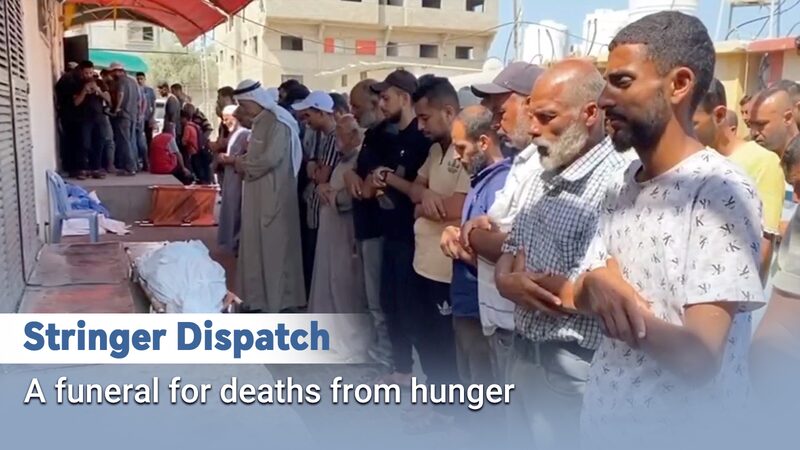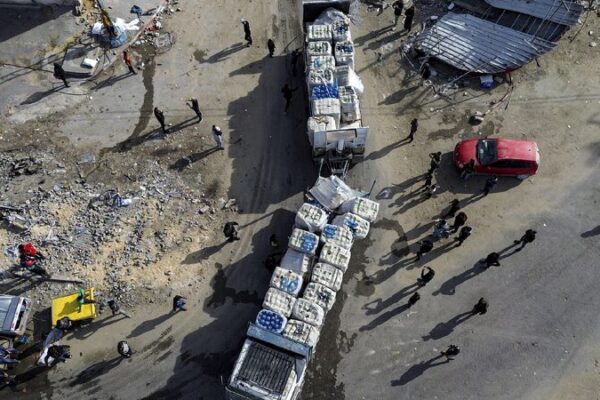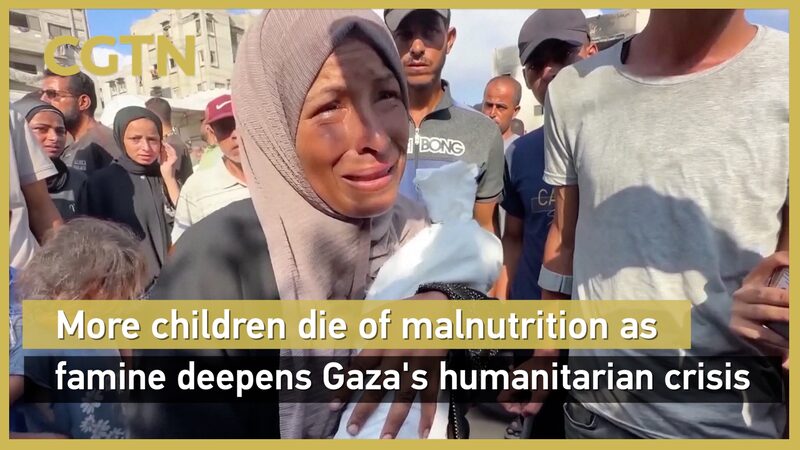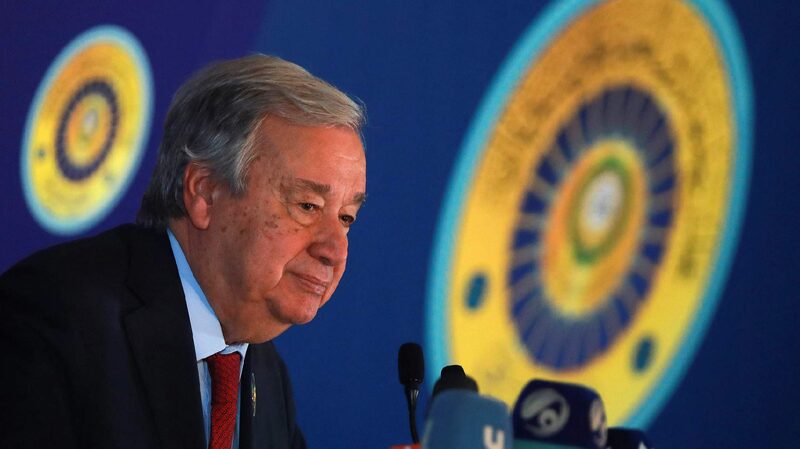The future of Gaza hangs in the balance as various nations propose plans to address the ongoing humanitarian crisis in the region. Amid escalating tensions and a dire need for aid, conflicting visions have emerged, each aiming to bring stability and peace to the war-torn enclave.
Recently, discussions have intensified around facilitating the voluntary departure of Gaza’s residents to third countries. Some proposals include offering extensive assistance and special exit arrangements for those who wish to emigrate, sparking debate among international leaders and communities.
While certain governments support these initiatives, others have expressed strong opposition, likening the plans to forced displacement and raising concerns about the rights and futures of the Palestinian people.
In response, officials from Saudi Arabia, the United Arab Emirates, Jordan, and Egypt are expected to convene to discuss alternative solutions. Their goal is to present a unified plan that addresses humanitarian needs, supports regional security, and fosters a path toward lasting peace.
An Egyptian proposal has gained attention, focusing on forming a national Palestinian committee to govern Gaza without involvement from major factions. This plan emphasizes international participation in reconstruction efforts, ensuring that Palestinians can rebuild their lives without being displaced abroad, and moves toward a two-state solution.
Experts like Niu Xinchun, a professor at Ningxia University’s China-Arab Research Institute, note that Egypt’s unique position as a neighbor to Gaza gives its proposal significant weight. “Egypt’s plan is receiving special attention because it addresses regional security during post-war reconstruction,” Niu explained.
However, implementing these plans faces significant challenges. “The premise that certain groups will not participate in Gaza’s reconstruction makes it very difficult,” Niu cautioned. Inclusion of all parties is crucial to achieving a sustainable peace.
Meanwhile, the United Nations and humanitarian partners continue to deliver life-saving assistance across the Gaza Strip. The UN Office for the Coordination of Humanitarian Affairs (OCHA) highlighted the overwhelming scale of needs, with critical shortages in medical supplies like oxygen affecting hospitals throughout Gaza.
In the West Bank, ongoing operations have resulted in high casualties and significant displacement, particularly in refugee camps. Damage to critical infrastructure exacerbates the humanitarian crisis, driving the need for urgent support even higher.
As the international community grapples with these challenges, the future of Gaza remains uncertain. The coming weeks will be pivotal in shaping the region’s path forward, with hopes that collaborative efforts will lead to peace and stability for its residents.
Reference(s):
cgtn.com
